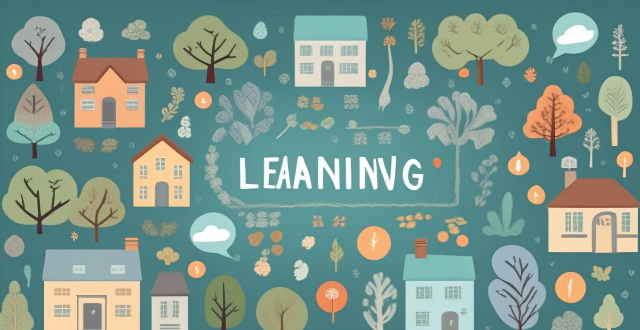Language learning apps can improve conversational skills through convenience, interactive content, immediate feedback, real-life simulations, and gamification. However, they lack human interaction, cultural context, and should not be relied on solely for language learning. A comprehensive strategy combining app-based learning with other forms of practice is recommended.

Can Language Learning Apps Help with Improving Conversational Skills?
Language learning apps have become increasingly popular in recent years, offering a convenient and accessible way to learn a new language. But can they really help improve conversational skills? Let's explore this question in detail.
The Benefits of Language Learning Apps for Conversational Skills
- Convenience and Accessibility: One of the biggest advantages of language learning apps is their convenience and accessibility. You can practice your language skills anytime, anywhere, as long as you have your device with you. This makes it easier to fit language learning into your daily routine.
- Interactive and Engaging Content: Many language learning apps offer interactive and engaging content, such as games, quizzes, and videos, which can make the learning process more enjoyable and effective. This can help you stay motivated and interested in improving your conversational skills.
- Immediate Feedback and Correction: Language learning apps often provide immediate feedback and correction, which can be particularly helpful for improving pronunciation and grammar. This can give you confidence in your ability to communicate effectively in the language you are learning.
- Real-Life Simulations and Practice Opportunities: Some language learning apps offer real-life simulations and practice opportunities, such as role-playing scenarios or conversations with native speakers. These features can help you develop your conversational skills by giving you a chance to practice using the language in context.
- Gamification and Rewards: Many language learning apps use gamification techniques and rewards to motivate users to continue practicing and improving their language skills. This can make the process of improving your conversational skills more fun and rewarding.
Limitations of Language Learning Apps for Conversational Skills
- Lack of Human Interaction: While language learning apps can provide valuable practice opportunities, they cannot replace the experience of interacting with human beings. Speaking with native speakers or other learners can help you develop your conversational skills more effectively than relying solely on an app.
- Limited Cultural Context: Language learning apps may not always provide sufficient cultural context for the language you are learning. Understanding the cultural nuances of a language is essential for effective communication, so it's important to supplement your app-based learning with other resources that provide cultural insights.
- Reliance on Technology: Depending too heavily on technology can sometimes lead to a lack of focus and attention during language learning sessions. It's important to find a balance between using language learning apps and engaging in more traditional forms of language practice, such as reading books or attending classes.
In conclusion, while language learning apps can certainly help improve conversational skills, they should be viewed as one tool among many in a comprehensive language learning strategy. By combining app-based learning with human interaction, cultural exploration, and other forms of language practice, you can maximize your chances of developing strong conversational skills in the language you are learning.